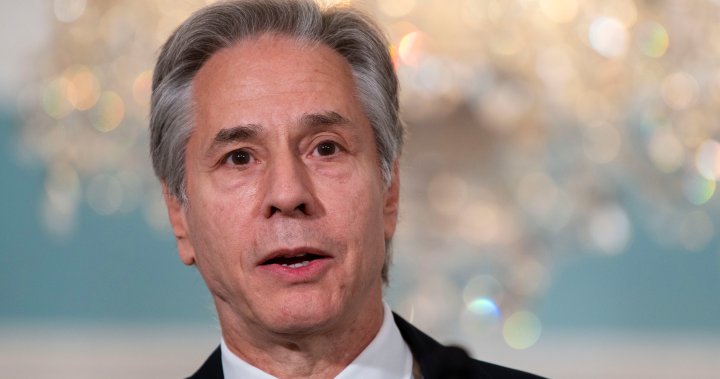Gains in industrial and technology stocks led Canada’s main stock index up more than one per cent on Tuesday, outweighing weakness in energy, while U.S. stock markets also rose, led by a rally on the Dow.
After months of record-breaking gains led mainly by large tech stocks in the U.S., it was the blue-chip heavy Dow’s turn to lead a broad-based surge, said Michael Currie, senior investment adviser at TD Wealth. The index gained 1.9 per cent.
“Across the board, everything’s looking very strong. It’s very hard to find a weak spot,” he said.
The S&P/TSX composite index closed up 243.71 points at 22,995.39.
In New York, the Dow Jones industrial average was up 742.76 points at 40,954.48. The S&P 500 index was up 35.98 points at 5,667.20, while the Nasdaq composite was up 36.77 points at 18,509.34.
Markets in the U.S. were boosted by several earnings reports by major companies that were better than expected, said Currie, combined with optimism that interest rate cuts are on the way.
The email you need for the day’s
top news stories from Canada and around the world.
“UnitedHealth and Bank of America are certainly the two biggest individual stories driving the market,” he said.
UnitedHealth Group surprised to the upside with its report as earnings season gets underway, and its shares rose 6.5 per cent.
Bank of America rose 5.4 per cent as it too reported stronger profits than forecast.
A report Tuesday also showed sales at U.S. retailers held firmer than expected last month.
Meanwhile in Canada, the inflation report for June saw price growth ease more than expected to 2.7 per cent, helped by lower gas prices.
Markets seem all but locked in on expectations that the Bank of Canada will cut rates in July, he said.
“The report today was really one that pushed everybody over the top,” he said.
The TSX has been lagging U.S. markets this year because it lacks exposure to the big tech companies leading the way, but in July it’s been “catching up like a rocket,” said Currie.
In the U.S., investors seem to have reached consensus that the first cut from the U.S. Federal Reserve will come in September, Currie said.
“Especially in the States, there was a perception that there wouldn’t be a rate cut before the election, because it might seem biased. But now it just seems the evidence is so strong that there’s not really a reason not to do it,” he said.
The Canadian dollar traded for 73.07 cents US compared with 73.19 cents US on Monday.
The August crude oil contract was down $1.15 at US$80.76 per barrel and the August natural gas contract was up three cents at US$2.19 per mmBTU.
The August gold contract was up US$38.90 at US$2,467.80 an ounce and the September copper contract was down eight cents at US$4.53 a pound.
— With files from The Associated Press
© 2024 The Canadian Press





